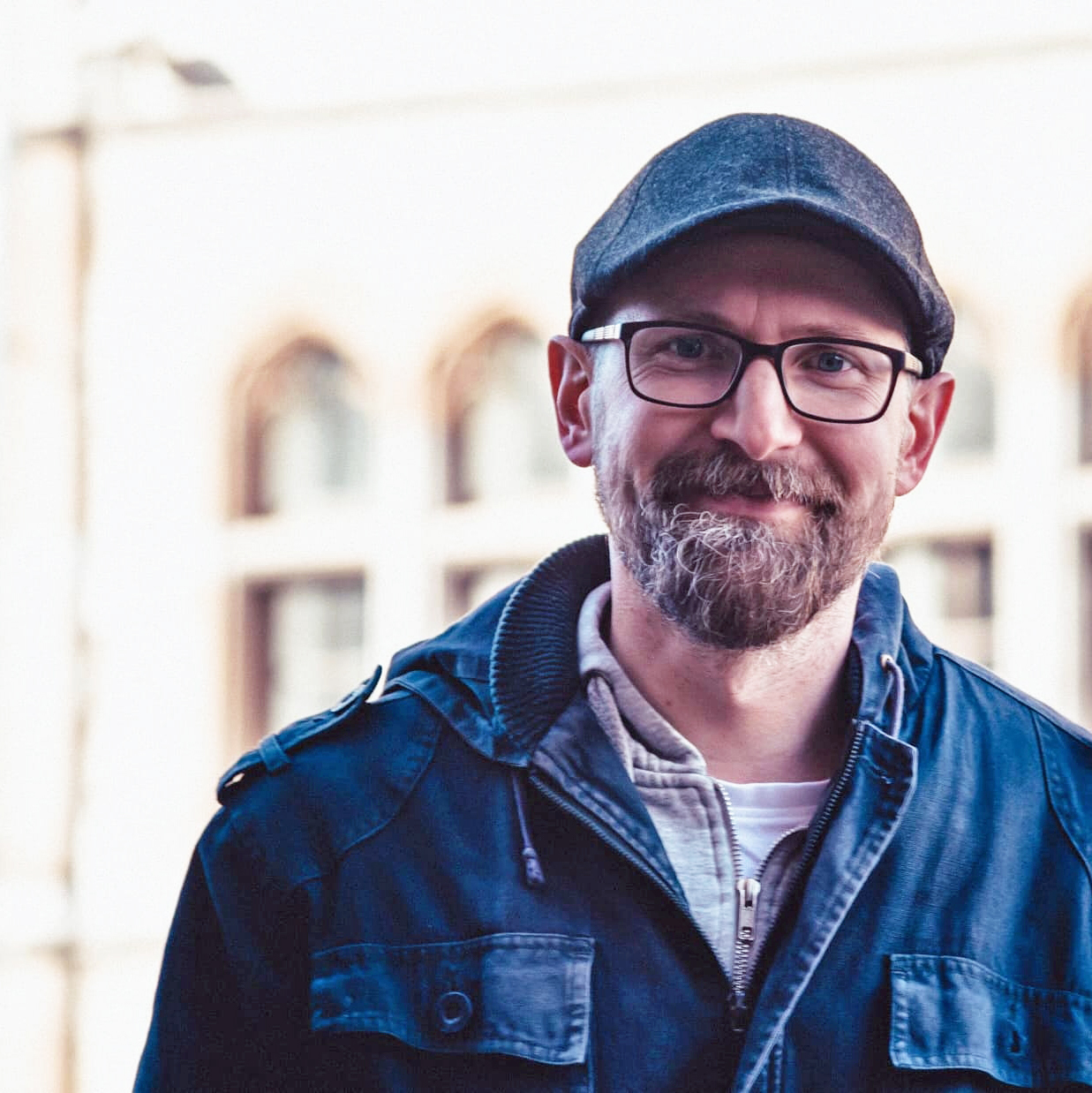
Over the past several months, I have enjoyed participating in a book study of Awakening the Power of Families and Neighborhoods by John McKnight and Peter Block through the Tamarack Institute. This study, led by Jonathan Massimi and facilitated by Heather Keam, offers a brilliant introduction to the principles of community development through the lens of assets and strengths rather than merely meeting needs or confronting challenges.
One of the quotes that struck me from The Abundant Community is,
“The job of building community is to take the problems out of the closet and open up the gifts.” (55)
Numerous observations can be drawn from this quote but let me start with three:
- First, strength or asset-based community development is not about ignoring problems. We recognize that each community has its own distinct challenges. However, and especially when an application for funding is involved, the temptation is to over-emphasize challenges and the ability of a company, institution, or organization to meet these needs. Community competence is broken down by commercial supply and demand. In a community with strong social fabric, relational trust is established in such a way that people can share with one another what challenges they face and look to one another for solutions. When a trend becomes apparent, neighbours can then respond to address these shared difficulties. Rather than merely extracting data to show a widespread problem that needs to be addressed (at the risk of further stigmatizing a community), difficulties become known in a context where we are known and loved in all our complexity. This approach permits more nuanced, grass-roots, and sustainable solutions to the difficulties we face.
- Second, we live in a time when some people are known first and foremost by their "problems" and others are known by their "gifts." In an age of information overload, we want to classify people quickly and move on. Working with people with intellectual and developmental disabilities at Christian Horizons, I encounter this tendency often. As soon as someone is known to have an intellectual disability, either by their appearance or through conversation, a whole world of assumptions is often made about what they can – or more often, cannot – do. These assumptions are known as the “spread effect,” where generalizations are made about the impact disability might have on all areas of a person’s life. Some barriers to full participation in society are physical. This barrier is one of attitude. Yet, despite this attitudinal barrier, each person has their own unique gifts and talents to offer. Each person has numerous ways they can contribute to community and meet needs. Sometimes it just takes some patience, and the willingness to confront our own assumptions, to learn what those gifts are. Whether we assume someone is extraordinarily talented or we assume that someone has little to offer, either assumption creates an inaccurate and incomplete picture of who we are as human beings. These expectations are impossible to live “up” to or “down” to, simply because every person is complex and nuanced. It's time we started learning the gifts of those who are seen in light of their problems and giving a listening ear to the problems of those who have only been open about their gifts.
- Finally, I can’t help but wonder if part of the challenge we face today is inherent within our own psychology. As human beings, we have a deep desire to know and to be known, to be loved and to belong as a meaningful part of a community. We long to contribute – perhaps, even, to be indispensable. The Angus Reid Institute, in conjunction with the think-tank Cardus, has recently released a report on social isolation in Canada. The findings are harrowing. “Fully six-in-ten Canadians (62%) say they would like their friends and family to spend more time with them, while only 14 per cent of Canadians would describe the current state of their social lives as ‘very good.’” Loneliness and social isolation are real challenges we face across Canada, and more so in populations that also experience marginalization for other reasons. Many people who experience profound intellectual disability have few friendships outside of paid support staff, often due to the perceptions and assumptions identified earlier in this post.
In our deep and sometimes desperate desire to be appreciated, the temptation rises to focus on our own ability to meet the needs of others. So, we look for these needs, whether to make ourselves feel better about our own vulnerabilities or to figure out how we can “save” someone from the challenges they face. We can become myopic, listening only to respond, or posting online only to be validated and not, instead, to invite a diversity of perspectives and approaches.
I believe that one of the gifts we need most in this time of increasing polarization and isolation is the gift of listening to, and learning from, one another in all of our differences. This gift involves putting aside our own need for affirmation and validation for a moment in order to appreciate the giftedness and contribution of others. Perhaps, in doing so, we will create space for mutual friendships to grow.
However, emphasizing strengths alone will not help a community to grow. Jean Vanier describes this dynamic when he observes, “I am struck by how sharing our weakness and difficulties is more nourishing to others than sharing our qualities and successes” (Community and Growth). Bringing our own problems and the challenges our communities face out of the closet calls for a vulnerable and hopeful humility that recognizes that no one “has it all together,” but everybody shares a piece of this togetherness.





